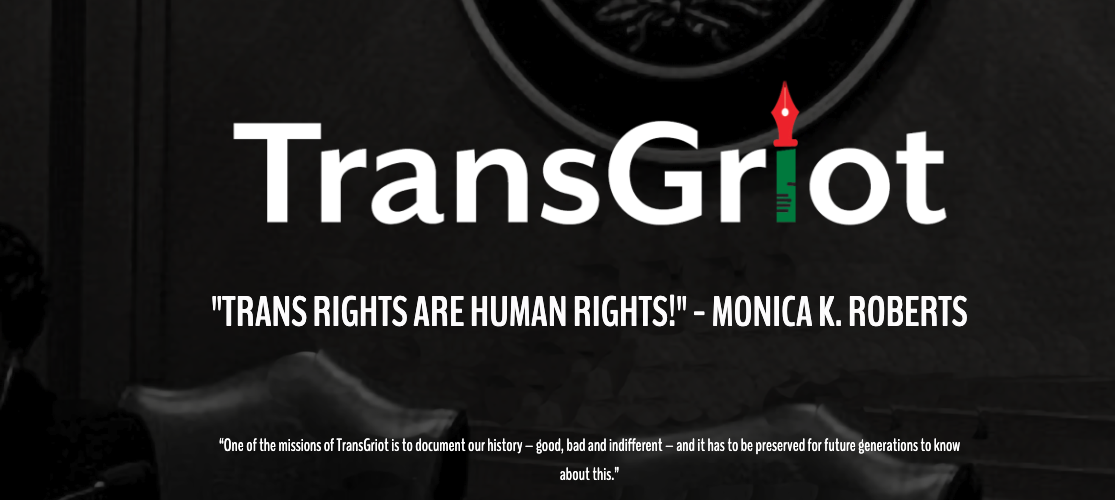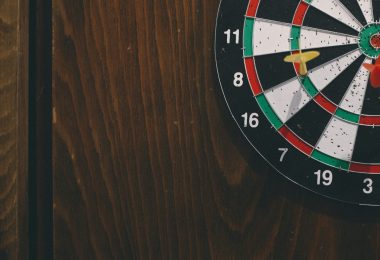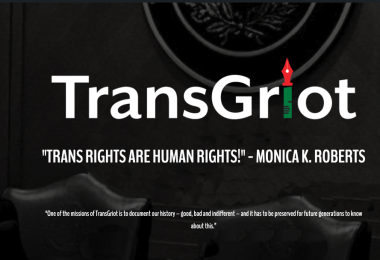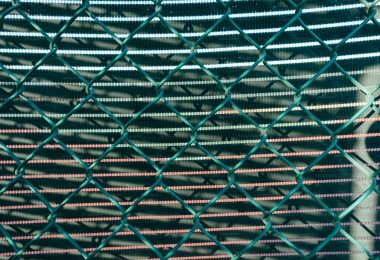Growing up in South Dakota and Oklahoma, I took many school field trips to historic landmarks of the Old West. And despite the whitewashed school lessons of the 1990s, I developed an interest for the history of Black frontier life, cowboys, and outlaws. Lately I’ve wanted to expand that interest to stories of LGBTQ+ life on the American Frontier. The Old West contained hundreds of stories of gender nonconformists, same sex relationships, and queer life. To learn more about them, I’ve been reading Emily Skidmore’s True Sex: The Lives of Trans Men at the Turn of the Twentieth Century and Re-Dressing America’s Frontier Past by Peter Boag.
Part of why I love history is the chance it gives us to re-examine previous time periods when new information comes to light. As research methods improve, historians uncover more of our past that has been misunderstood, hidden, or forgotten. One piece of forgotten history is the presence of trans or gender nonconforming people in the American frontier.
Some marginalized folks, including formerly enslaved and queer people, could live with less scrutiny in less populated areas east of the Mississippi River. They often benefited from inadequate record keeping, slow news traveling between towns, and inconsistent law enforcement. For many trans people, the anonymity offered by the less-populated west allowed them to live relatively normal lives. Others, particularly trans men, may have seen better opportunities available to them in transitioning.
One person we know only a little about is Mrs. Nash, a Mexican trans woman with no known first name. By today’s standards, Mrs. Nash would be considered a successful girl boss with several lucrative side hustles. Not only was she a successful laundress employed by Colonel Custer’s United States Seventh Cavalry, but she also made money as a midwife, seamstress, and baker. If the original story is to be believed, Mrs. Nash first attracted attention as a woman pretending to be a man doing cattle work. She got her position as a laundress, a very well-paid position of the day, because it was thought to be more appropriate to her gender. Mrs. Nash traveled with the regiment from Kentucky to North Dakota and Montana.
During the decade Mrs. Nash was with the 7th Calvary, she married multiple enlisted men, two of whom unfortunately stole her money and ran off. Her assigned sex wasn’t discovered until after her death, and even after her passing, Libbie Custer, the Colonel’s wife, referred to Mrs. Nash with feminine pronouns in her journals. By all accounts she was friendly, well liked, and popular at parties.
And because intersectionality isn’t a new concept, part of the reason Mrs. Nash was accepted as a woman was because she was Mexican. She often wore a veil in public, something attributed to her exotic “Latin” nature. And some of her more masculine features and facial hair were associated with racial stereotypes about Mexican immigrants. During her life she had several marriages to men before passing in October of 1878.
It’s always wonderful to hear a story of trans success and what little we know of her is just more evidence that trans lives have always been here. Though the terminology used now is different from 150 years ago, we have existed in every period of history. I do wish we knew more about life, from her perspective. Some personal account of her day-to-day thoughts, maybe a recipe or two, and of course her name. Mrs. Nash was just one of the married names she had. Her first and maiden names are still unknown. It’s possible that she wasn’t interested in keeping such a record. Or maybe no one thought to preserve it. Or maybe it would have been too dangerous for her to keep a journal.
Historically, states and territories had laws against dressing as the opposite sex. If a trans person was discovered, they risked imprisonment, ridicule, and public scorn. Still, it would have been nice to learn about her life in her own words.
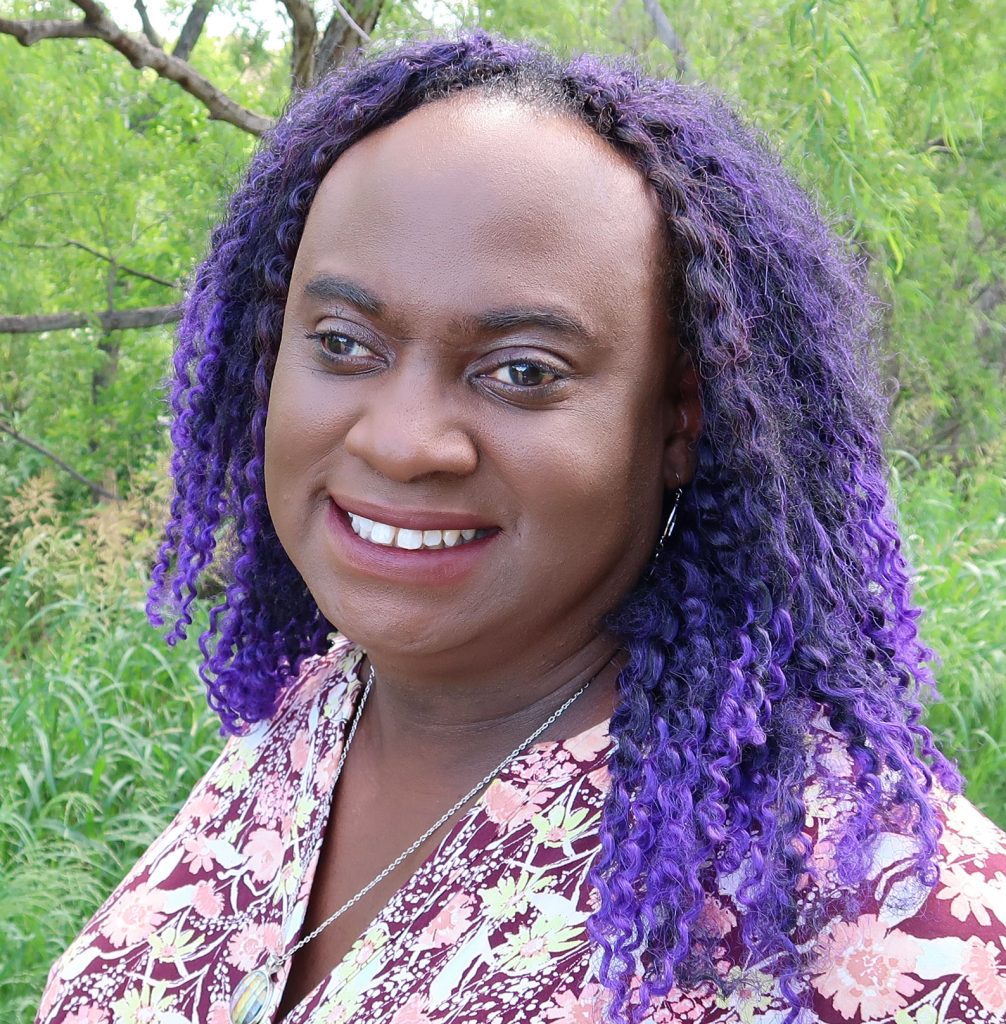
Aubree Calvin (she/hers) is a freelance writer in north Texas. She’s also the co/host of the Southern Queeries podcast.

